Few Texans consider Amtrak when making plans to travel within Texas. We attempt to answer the question: Should they?
All Aboard the Texas Eagle: Austin to Dallas Edition
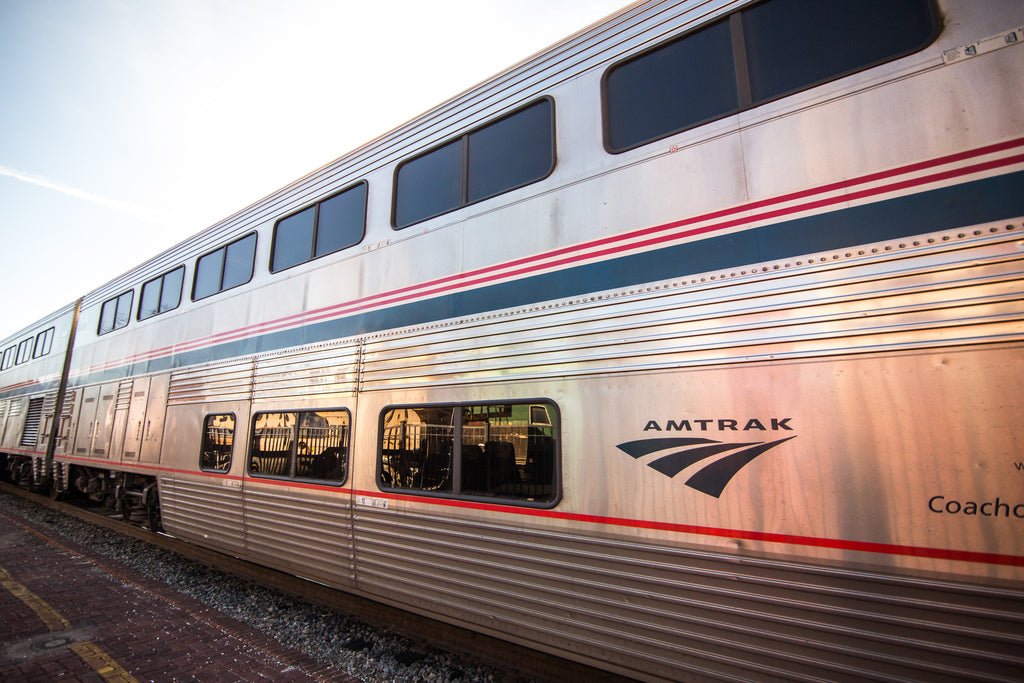
Photos by Caleb Kerr.
We’d wager that most Texans don’t know you can travel within the state by train. At least, the fact was unknown to us, as well as everyone else we talked to in preparing this story. This was the most common reaction: “You can ride a train in Texas?”
Yes, you can.
Amtrak has two trains serving the Lone Star State: The Texas Eagle, which travels through Texas daily between Los Angeles and Chicago; and the Sunset Limited, running between Los Angeles and New Orleans. If you’re a Texan looking to travel solely within Texas, you can ride any portion of these routes that you like: Dallas to San Antonio; Houston to El Paso; and many variants in between.
But the question is, should you want to? That is, is train travel in Texas really a worthy alternative to driving 85 mph, or flying with your free-flying bags on Southwest Airlines?
We thought it might be useful to our fellow Texans (and probably a little bit fun, for us) to try and help answer that question. So, we bought tickets to ride Amtrak’s Texas Eagle from Austin to Dallas, and set out determined to critique every step of the journey. Our goal was to reach some conclusions, good or bad, about train travel in Texas. And then, to share our conclusions with you.
Below are the photos from our trip, and interspersed among them, notes about our experience, our advice, praises, and precautions.
__________________________________________________
Our trip begins: The Austin Station. Although it's in the heart of central Austin, the Austin Amtrak station is tucked away in an easy-to-miss pocket just off busy Lamar Blvd., near the original Whole Foods, and just behind the Town Lake YMCA. Our first caution: your Uber and Lyft drivers won't know how to get here upon your return (trust us).
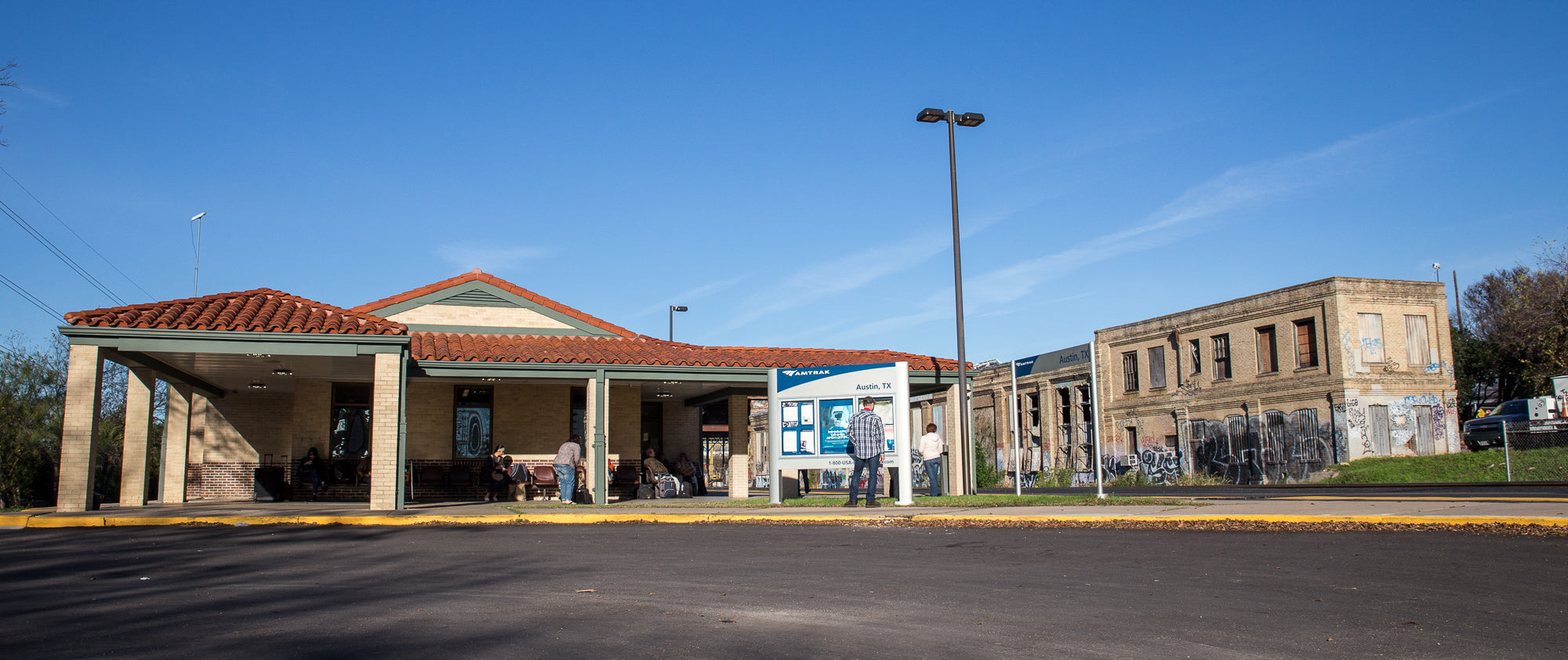
There's a free parking in the lot, but, as with any public overnight parking, there are warnings advising against leaving valuables in the car. Have someone drop you off (friend or pro) so you don't have to worry about your car while you're gone.
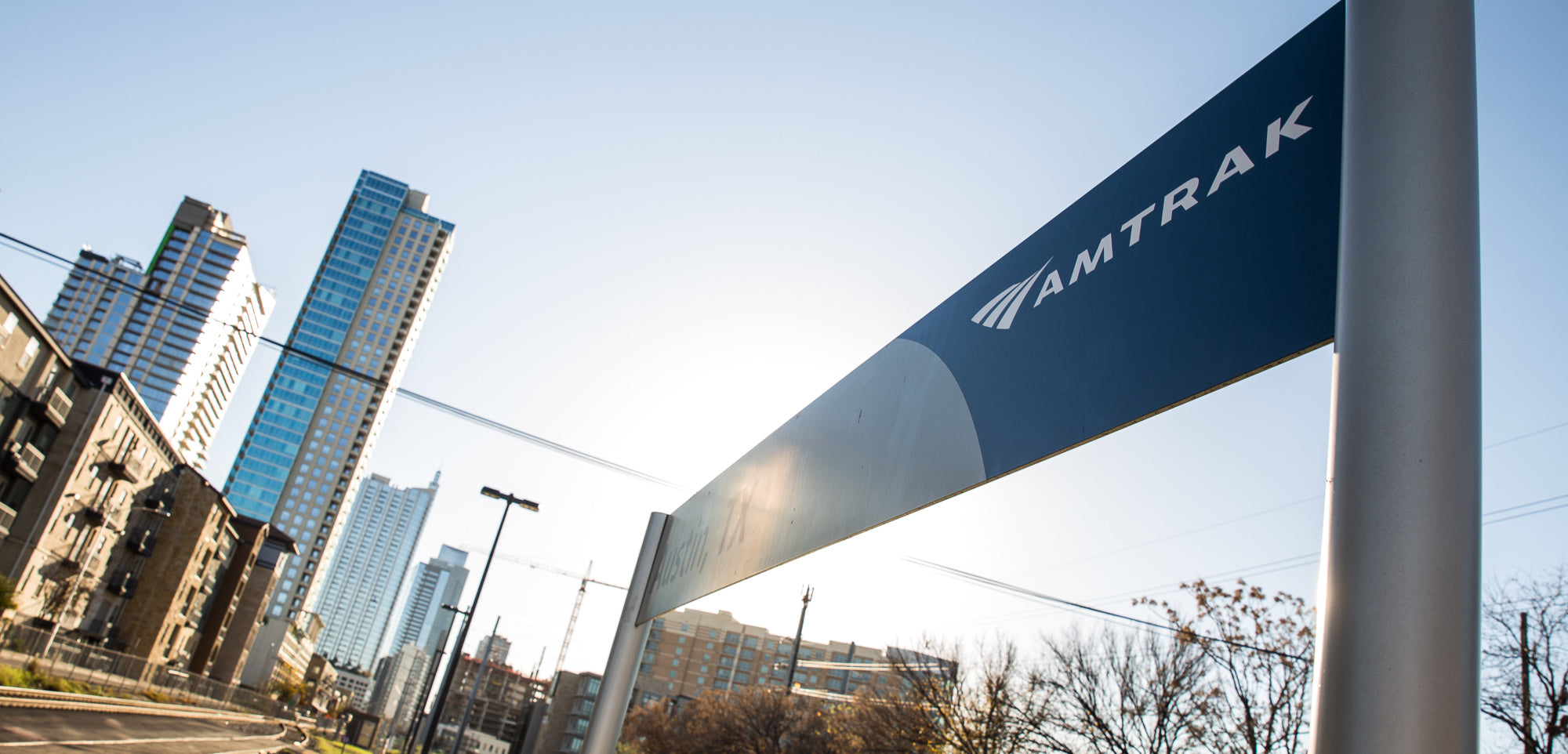

Unlike the airport, you don't need to arrive at the train station any particular amount of time before departure. You can purchase and print your ticket at home, and as long as you have that in hand (with your ID), you can pretty much show up a minute or two before the train leaves. This is the first item in the "pros" column: traveling by train is just so much easier and headache-free than air travel. No shuttle buses, no check-ins, no TSA security lines, no nonsense. Just get there before the train leaves. We needed just enough time to write out our luggage tags (all bags, carryon or otherwise, need tags), and to have our tickets scanned. If you do show up early, there's an indoor waiting area with bathrooms, vending machines, and a ticket window if you still need to make arrangements for your trip.
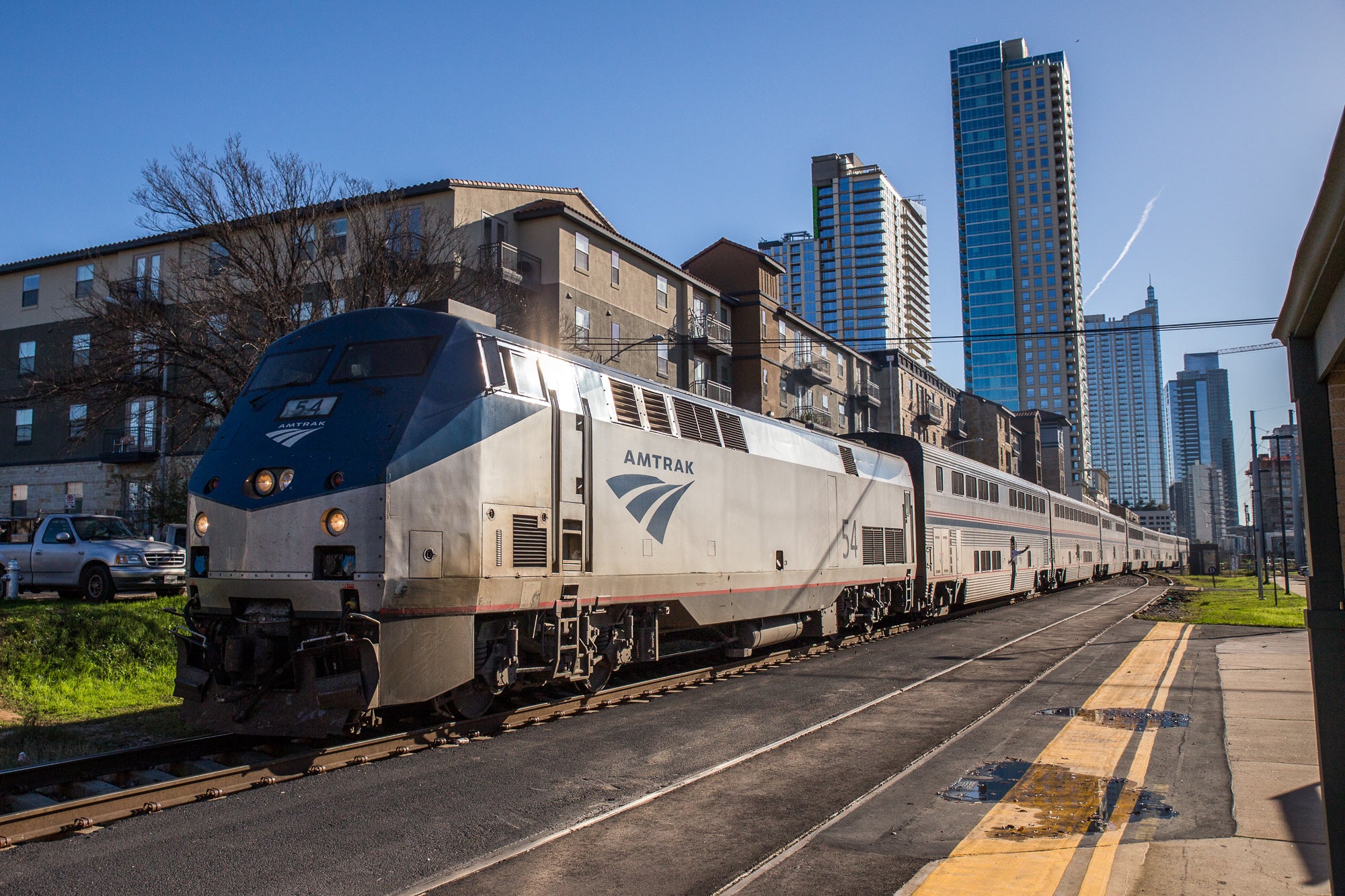
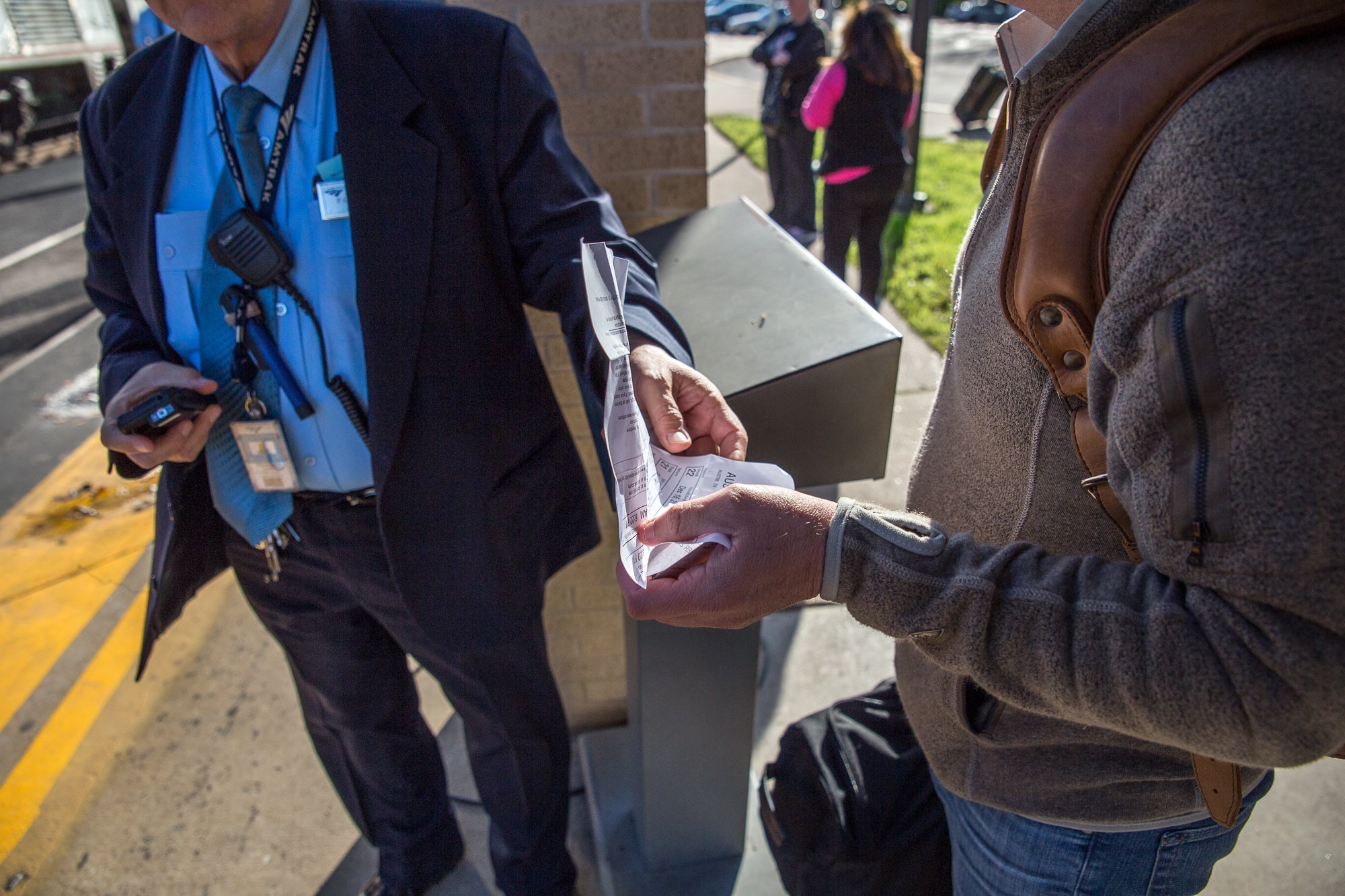
You can bring large luggage on board, which is loaded into the bottom cargo compartments of the train. Smaller personal items (like a weekend bag or two) can easily be brought on board with no trouble. Unfortunately, pets other than service animals are not allowed.

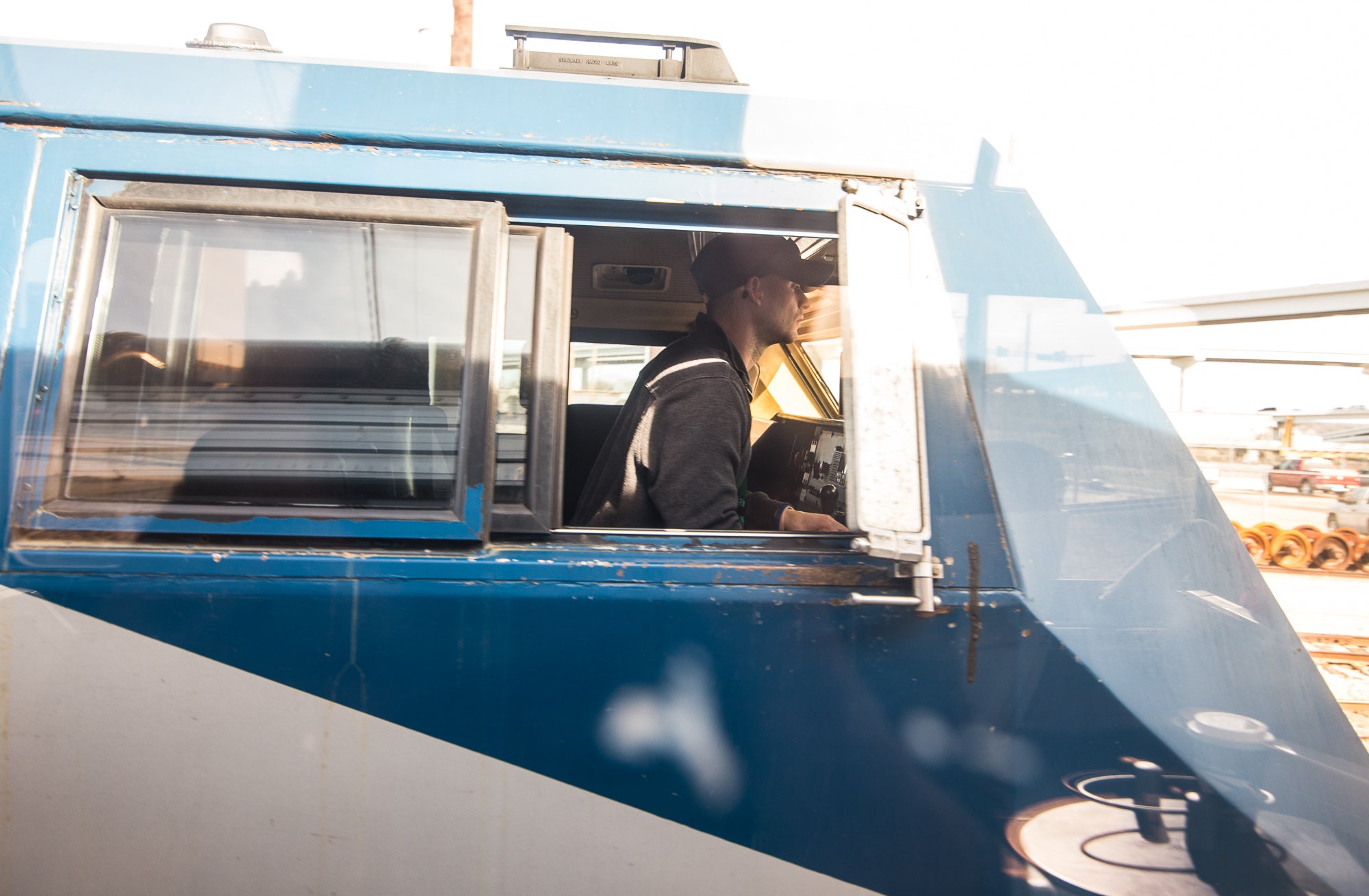
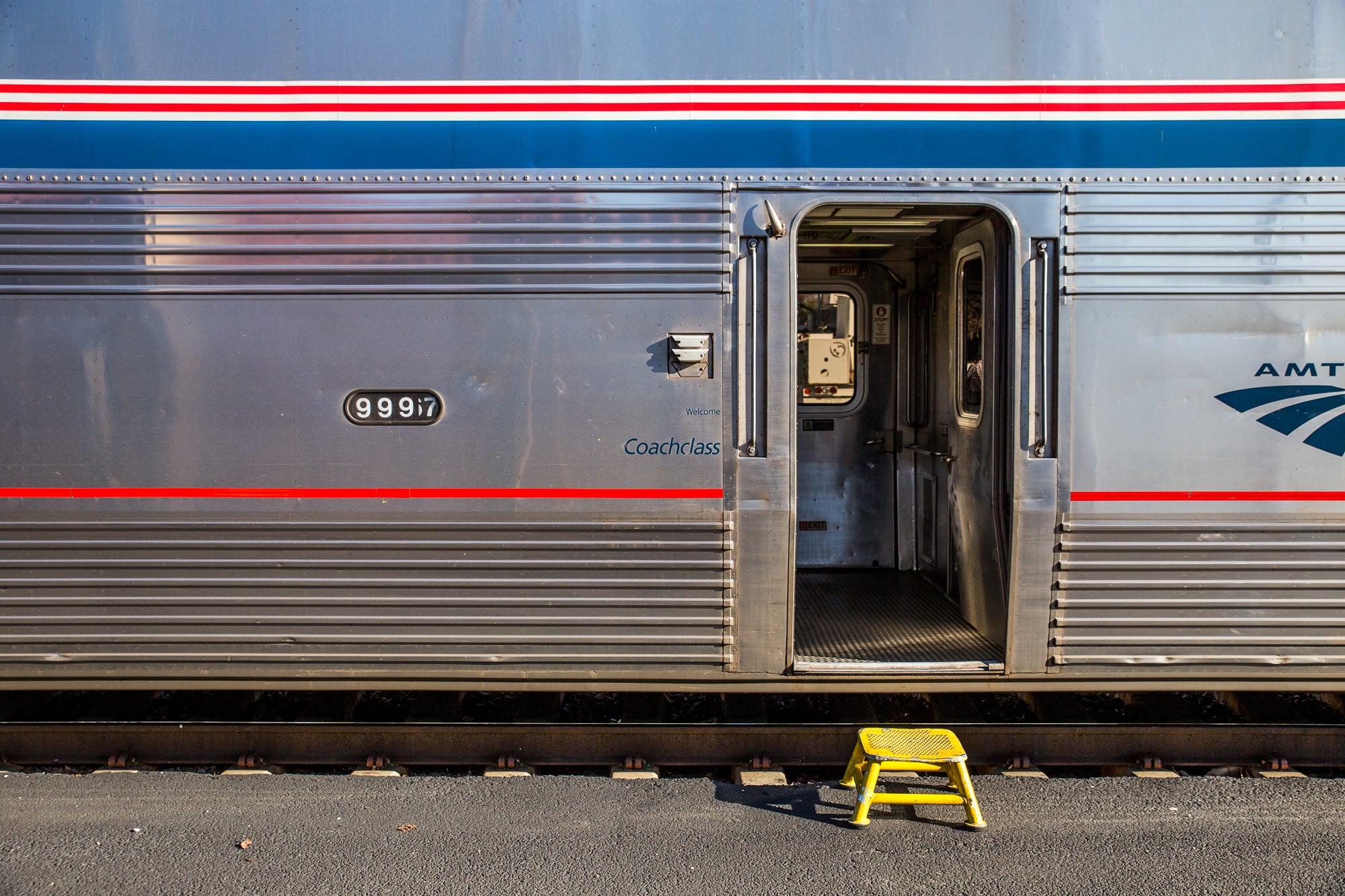

All aboard: Coach class. If you're traveling in Texas only, you'll probably purchase a Coach class ticket. There are sleeper cars, but these are mostly booked by folks going all the way to Chicago or LA. A roundtrip ticket for one person between Austin and Dallas cost a very reasonable $56. Even with falling gas prices, this is very competitive with driving the full distance via car, and it's certainly cheaper than flying.
The majority of coach seats are on the upper level of the train; the downstairs is mostly for baggage, bathrooms, and a few seats for persons with disabilities. To get to the upper seating, you'll climb an extremely narrow, angled staircase.
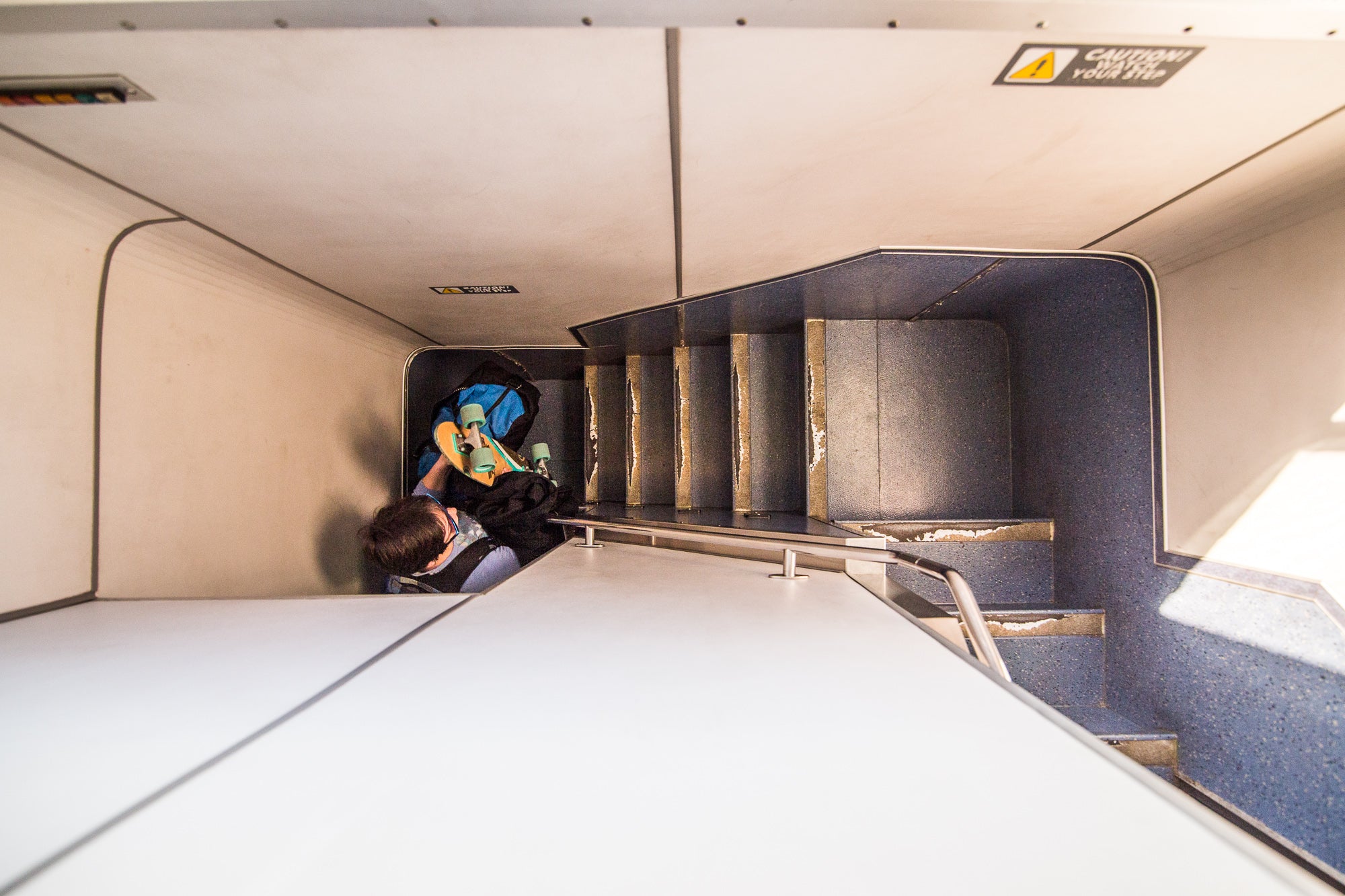
Seating is open, just find one that you like and it's yours. The design struck us as remarkably similar to that of an airplane. There are tray tables, seat-back pockets, overhead storage, and a long center aisle. The difference, however, is in the space. Unlike on an airplane, there's more than enough leg room, with additional foot rests and chair backs that recline to a nearly horizontal angle.
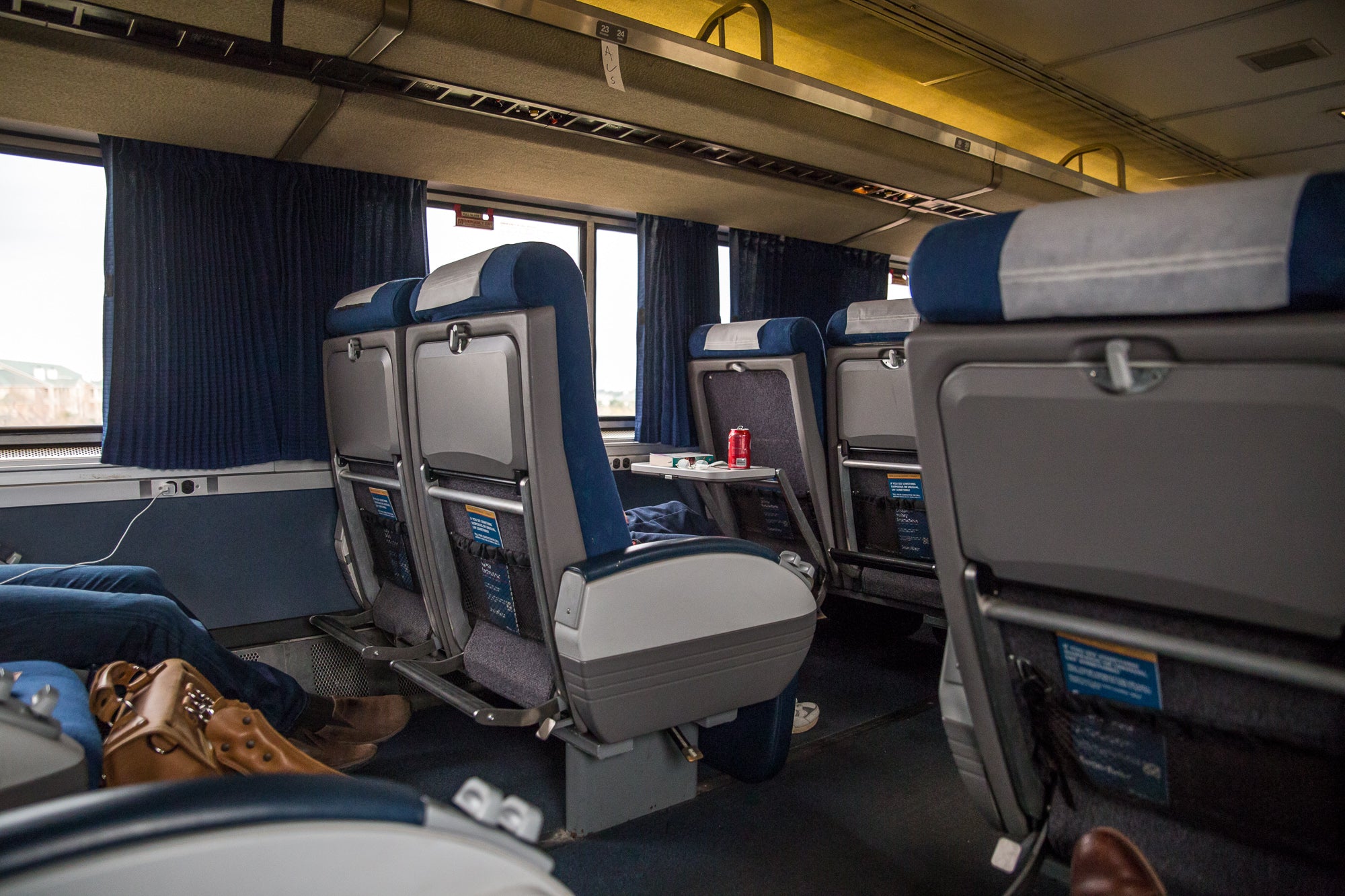
Another item in the "pros" column are the electrical outlets at every seat. Trains take longer to get where they're going, so your devices will likely need charging, eventually.
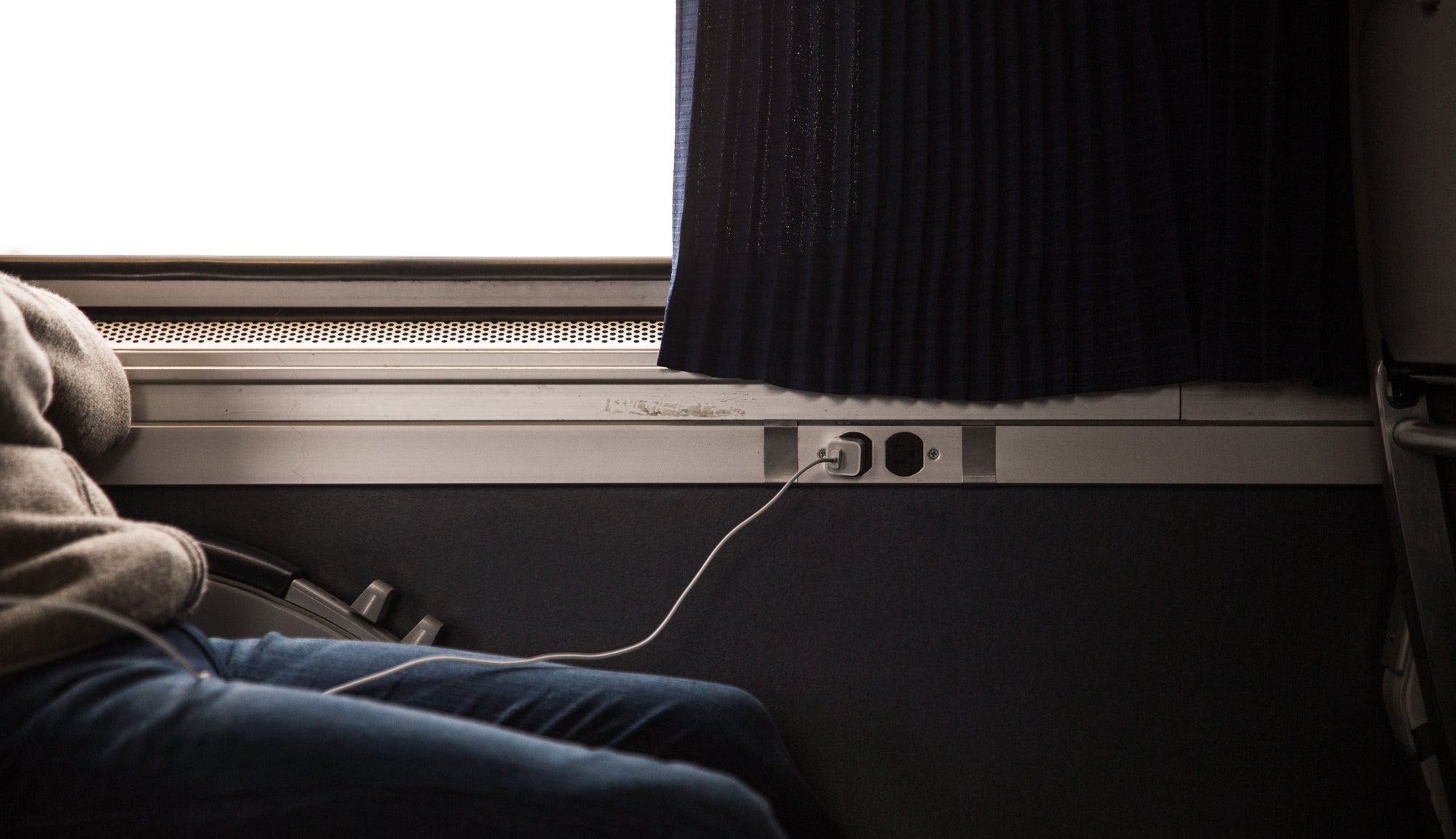
While your devices will stay charged, they won't connect quickly to the Internet. This is the first big item in the "cons" column: no wi-fi. Some Amtrak trains offer it on routes elsewhere in the United States, but not on the Texas Eagle. In our view, this is a major strike against considering the train as a legit alternative for business travelers; you'll essentially spend the entire day getting to Dallas, and that's time that might be put toward some productivity.
The slow travel time is the second major item in the "cons" column. By car, a trip between Austin and Dallas takes approximately 3.5 hours under ideal conditions. You'll spend the same amount of time between airports, assuming you fly Southwest. The train, in contrast, takes a scheduled 6 hours to travel between Austin and Dallas. And that's assuming no delays.
On the other hand, driving on I-35 between Dallas and Austin (and even down to San Antonio) is one of the worst experiences any Texan might endure in their lifetimes. Accidents, traffic, construction, sometimes all at once. The trip can be extended by hours, and tempers can boil over.
The train is refreshingly quiet, and even peaceful. It's slower, yes, but peaceful. And unlike in a car or even the plane, you can stand up, stretch your legs and wander around, or sit and watch the landscape roll by. Or sleep. Or get work done, none of which are options if you're battling drivers on I-35.
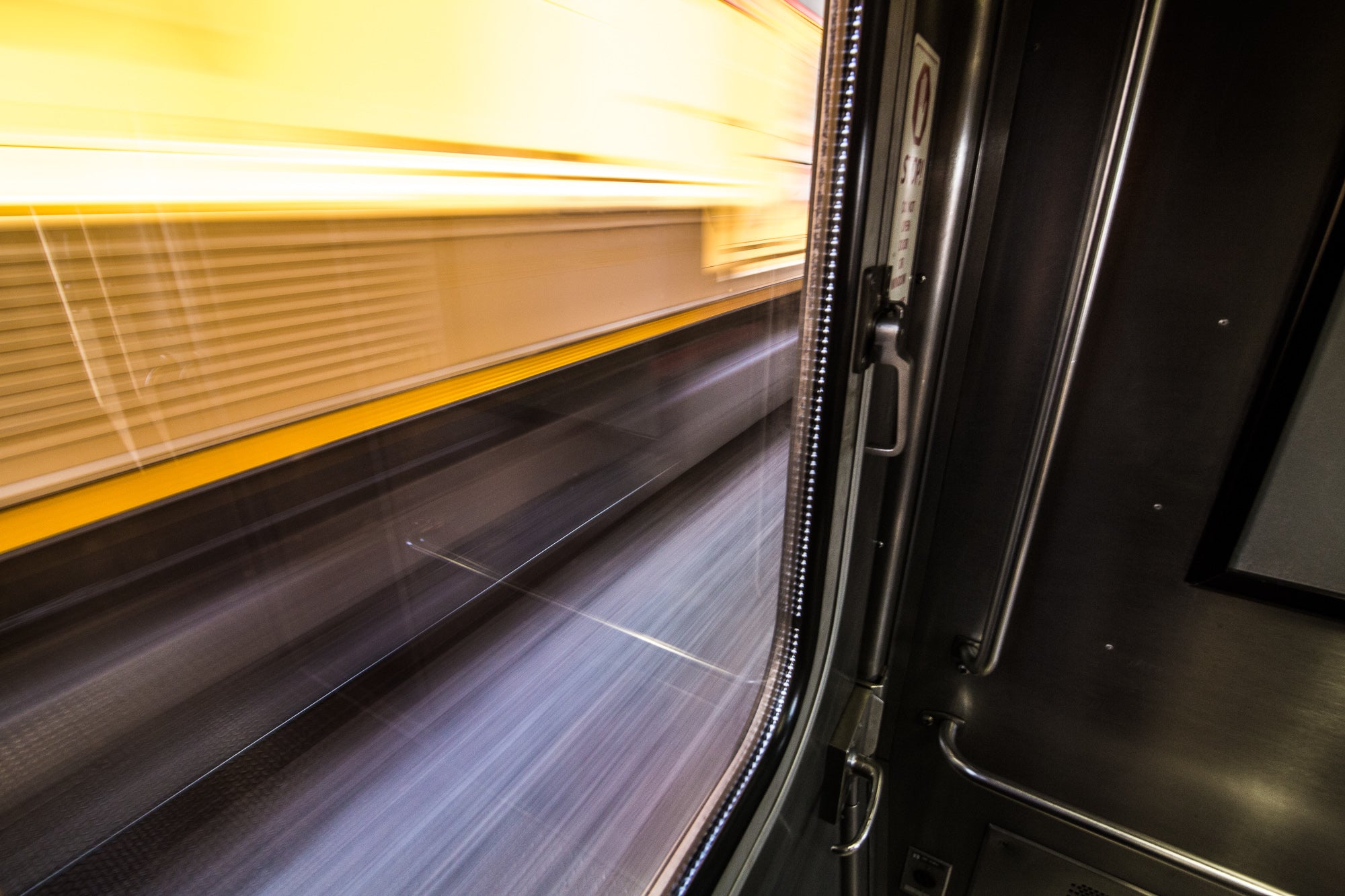
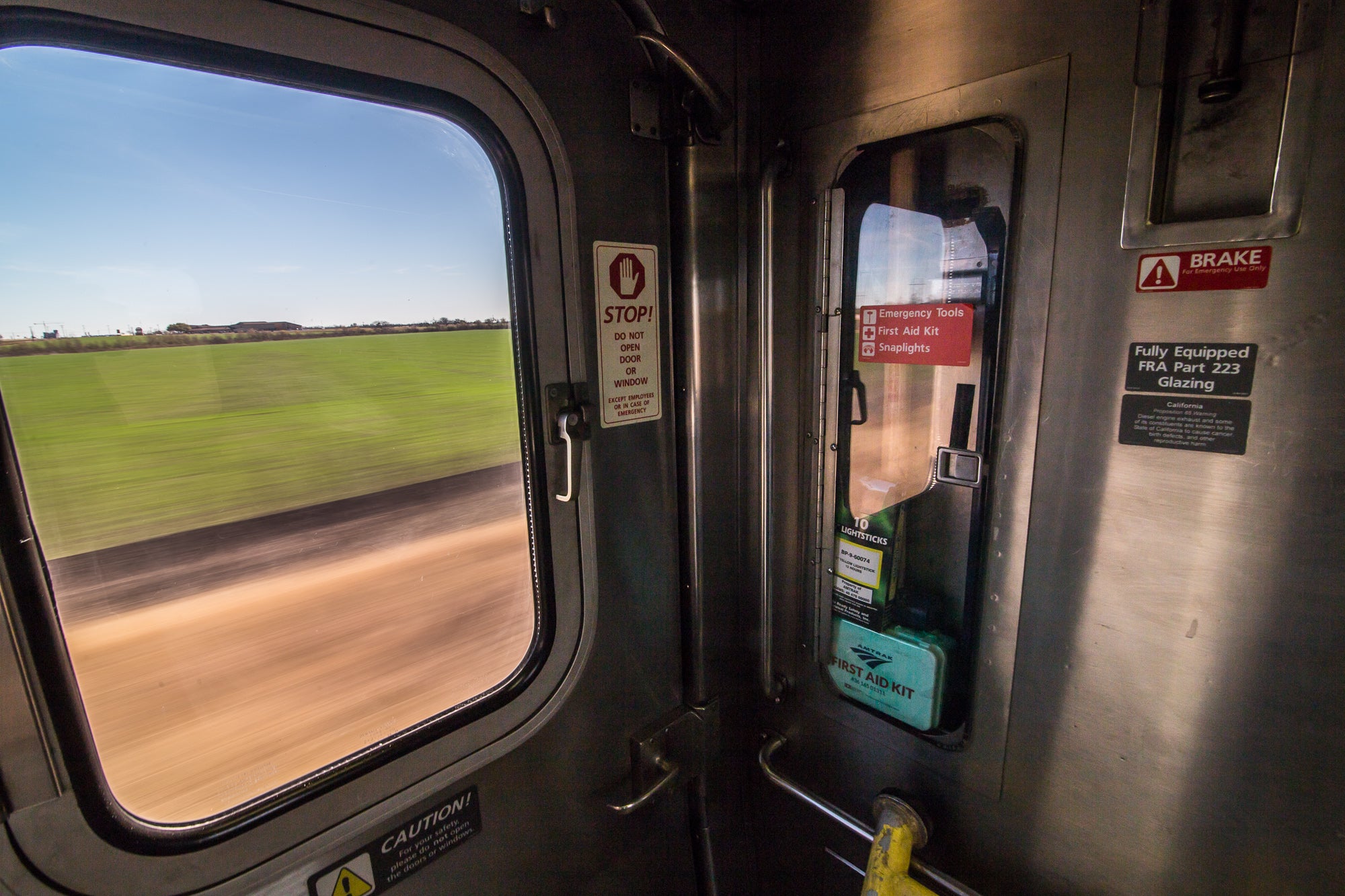
Hungry? The Dining Car. We bet your F-150 doesn't have a dining car. All the seating is communal, meaning if you are traveling in groups smaller than 4, you will likely be seated with strangers. This can be a great way to make friends. We found the service to be friendly; in fact, all of the Amtrak personnel were very pleasant to deal with.
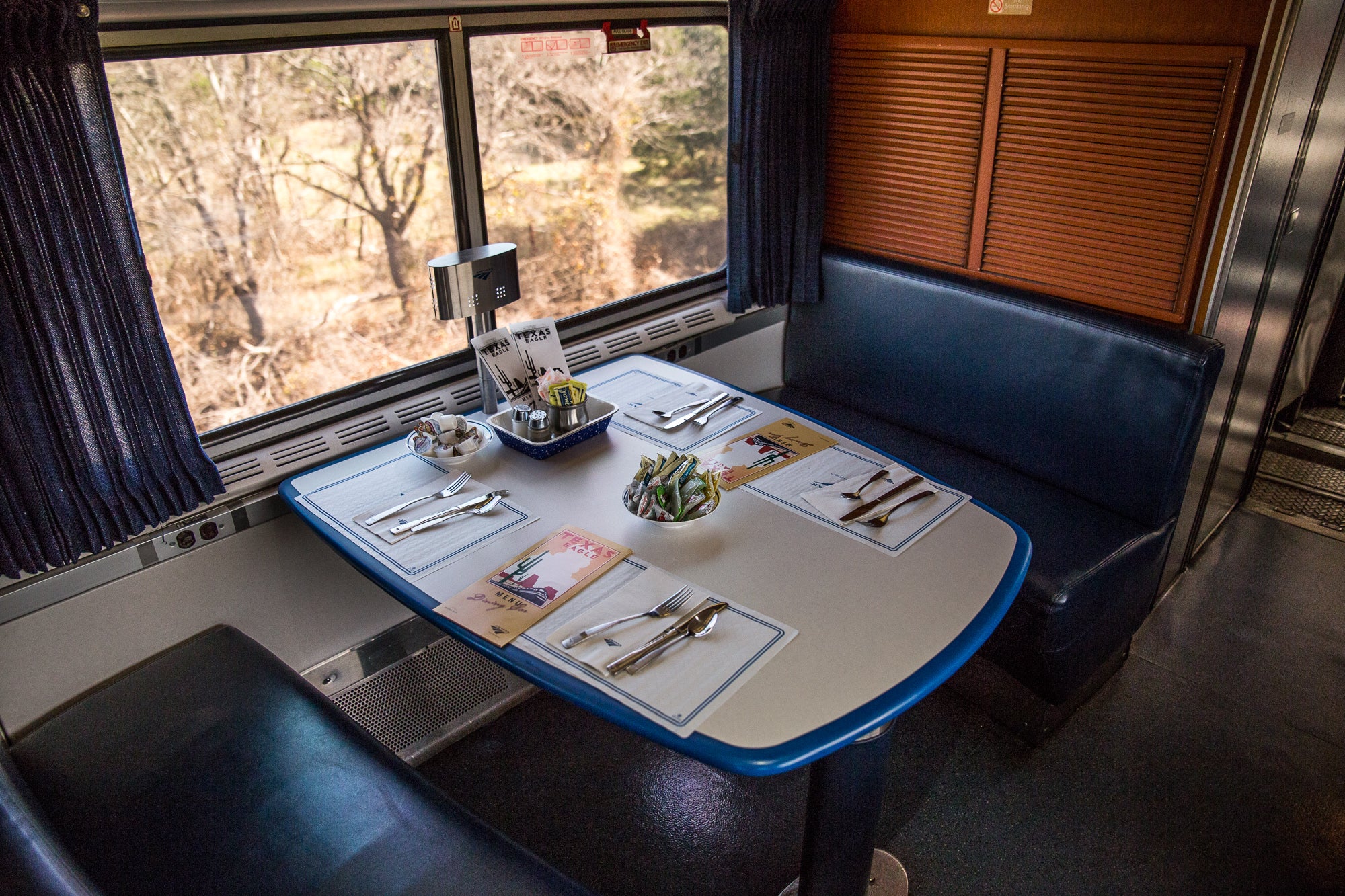
The food is surprisingly adequate, if not even a little bit good. We traveled over lunch (both directions), and the burger and the plate of meatballs exceeded our low expectations. Rumor has it that there is a pretty decent Amtrak steak available with the dinner service. Meals are not included with Coach class tickets, but are included if you've booked a sleeper car.
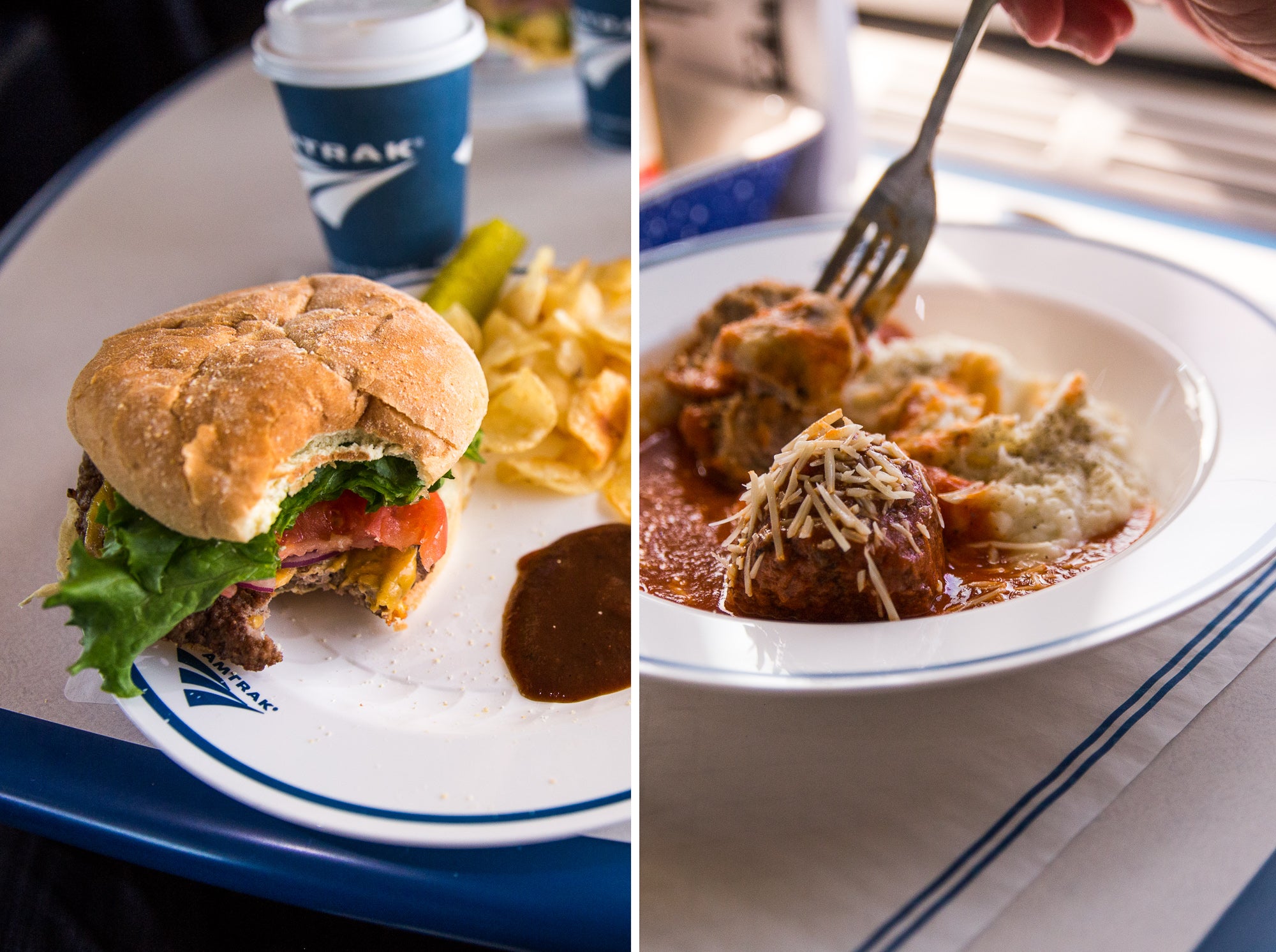
If you prefer to snack rather than dine, there's also a snack bar, stocked with sandwiches and candy bars, sodas, coffee, and beers, among other treats. The snack bar is open throughout the daylight hours.
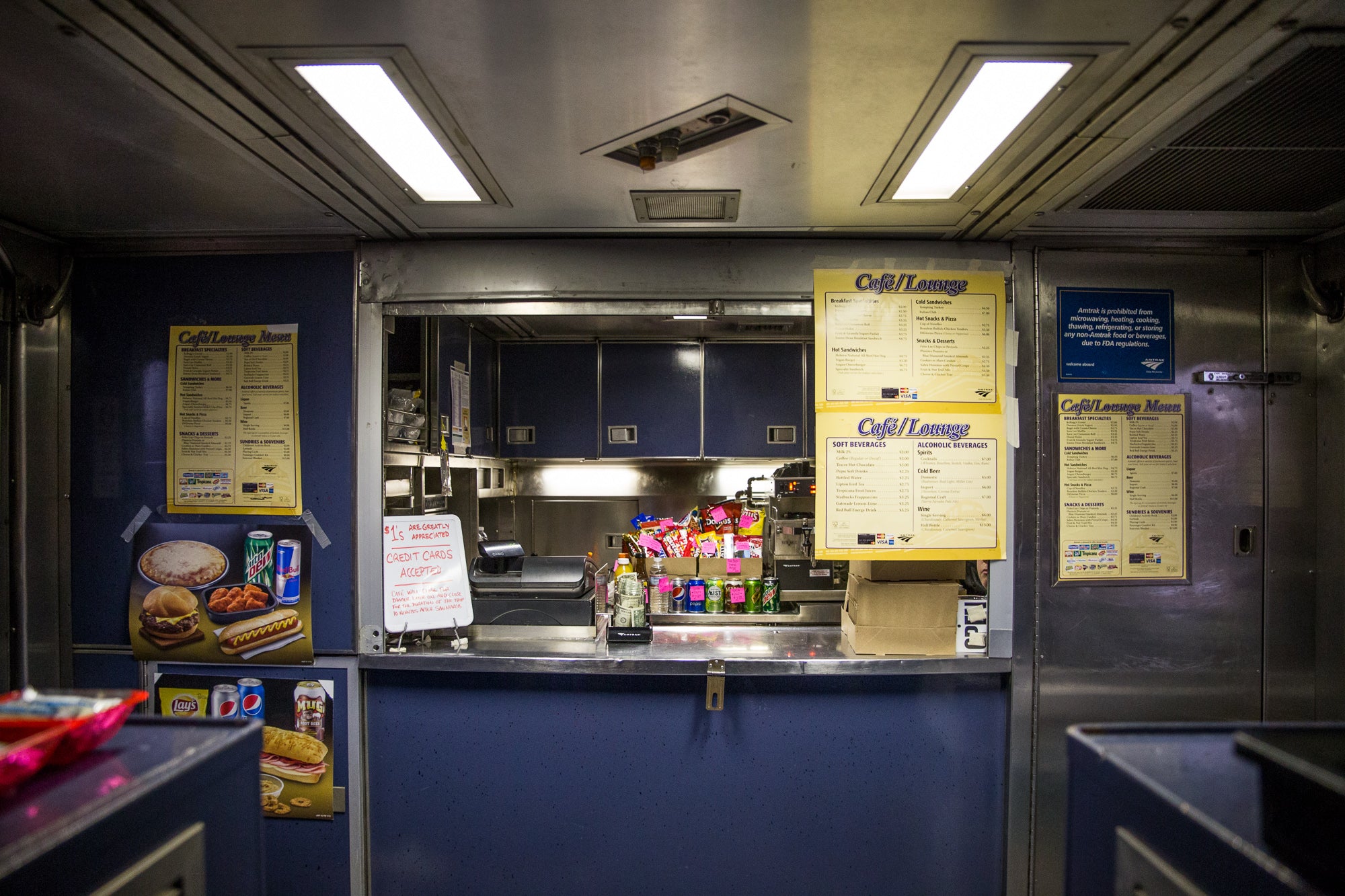
Light and bright: The Sightseer Lounge. Our favorite part of the train is the Sightseer Lounge Car.

Large wrap-over windows and comfortable chairs makes this car a wonderful alternative to the airplane-style coach seats. The ability to shuffle between both makes passing the hours much easier. You don't need any special ticket to be here; it's all a part of your coach class fare.
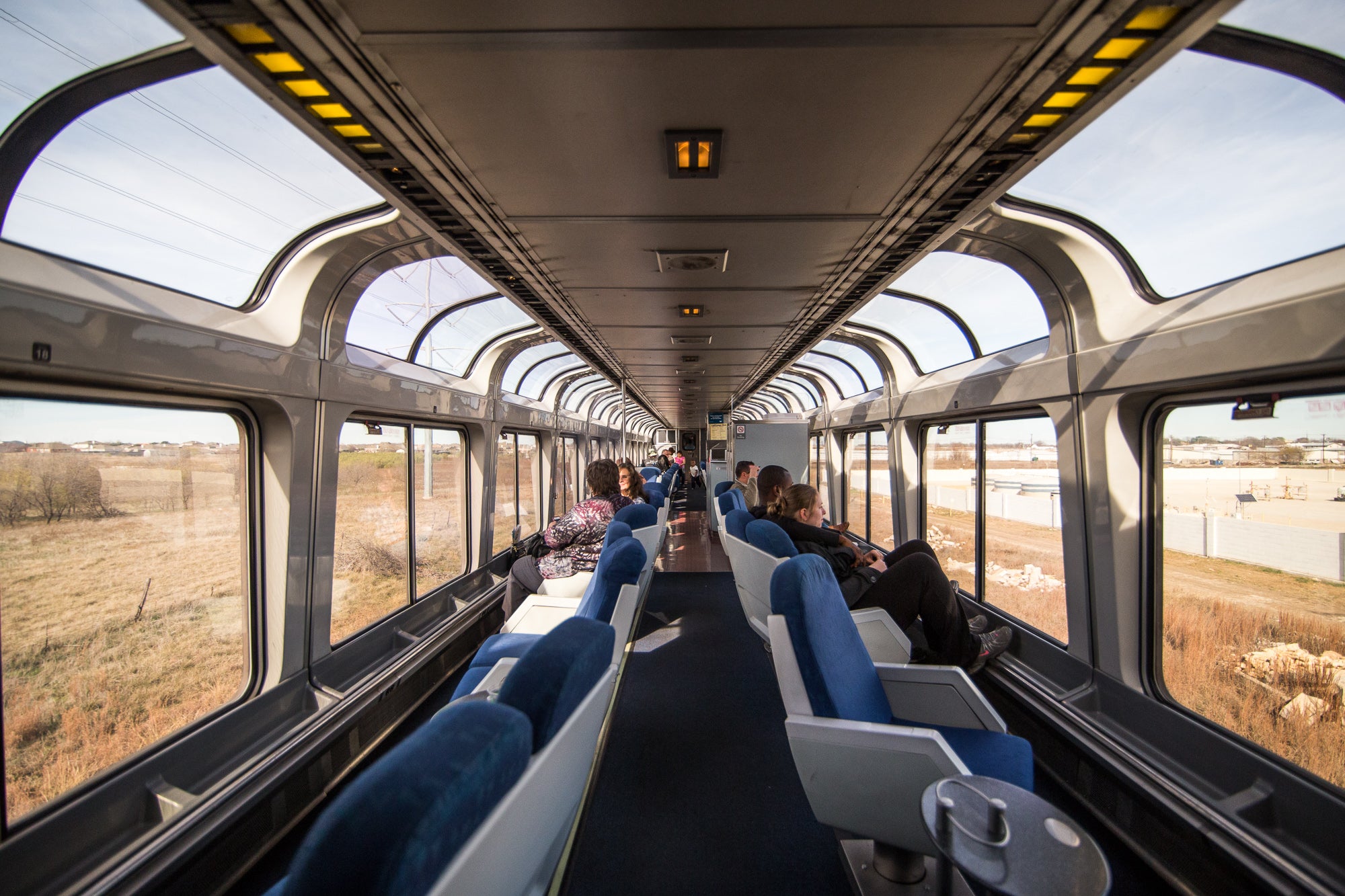
On one end of the Sightseer Lounge car is an area with fixed tables where you can set up a laptop, craft projects, artwork, board game, etc. We hope you'll bring Jenga and tell us how it goes.
One note about some of these common areas, and for that matter all other parts of the train we observed: we noticed that the cleanliness and fit & finish was sometimes only marginal. To be fair, these trains get a lot of constant use, traveling weekly from the west coast to Chicago, with passengers boarding and disembarking all along the way. Still, we think there's some room for improvement in the cleanliness and general wear & tear department. We wouldn't grade these problems an F, or even a D. Perhaps more like a C. Just be prepared, and it shouldn't bother you.
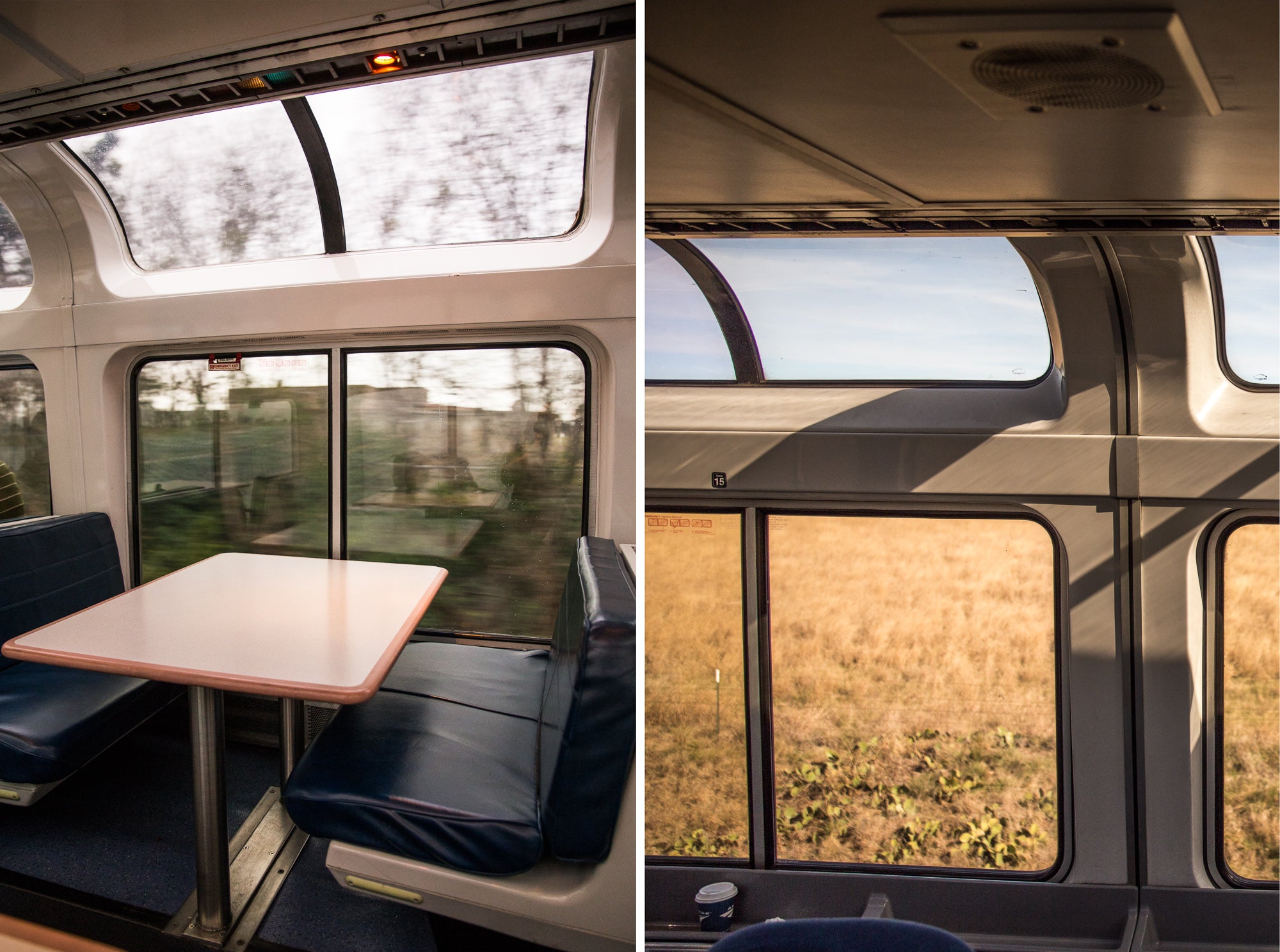
Nitpicking the train's cleanliness aside: Kick up your feet, and look out the window at the Texas landscape as it passes by.
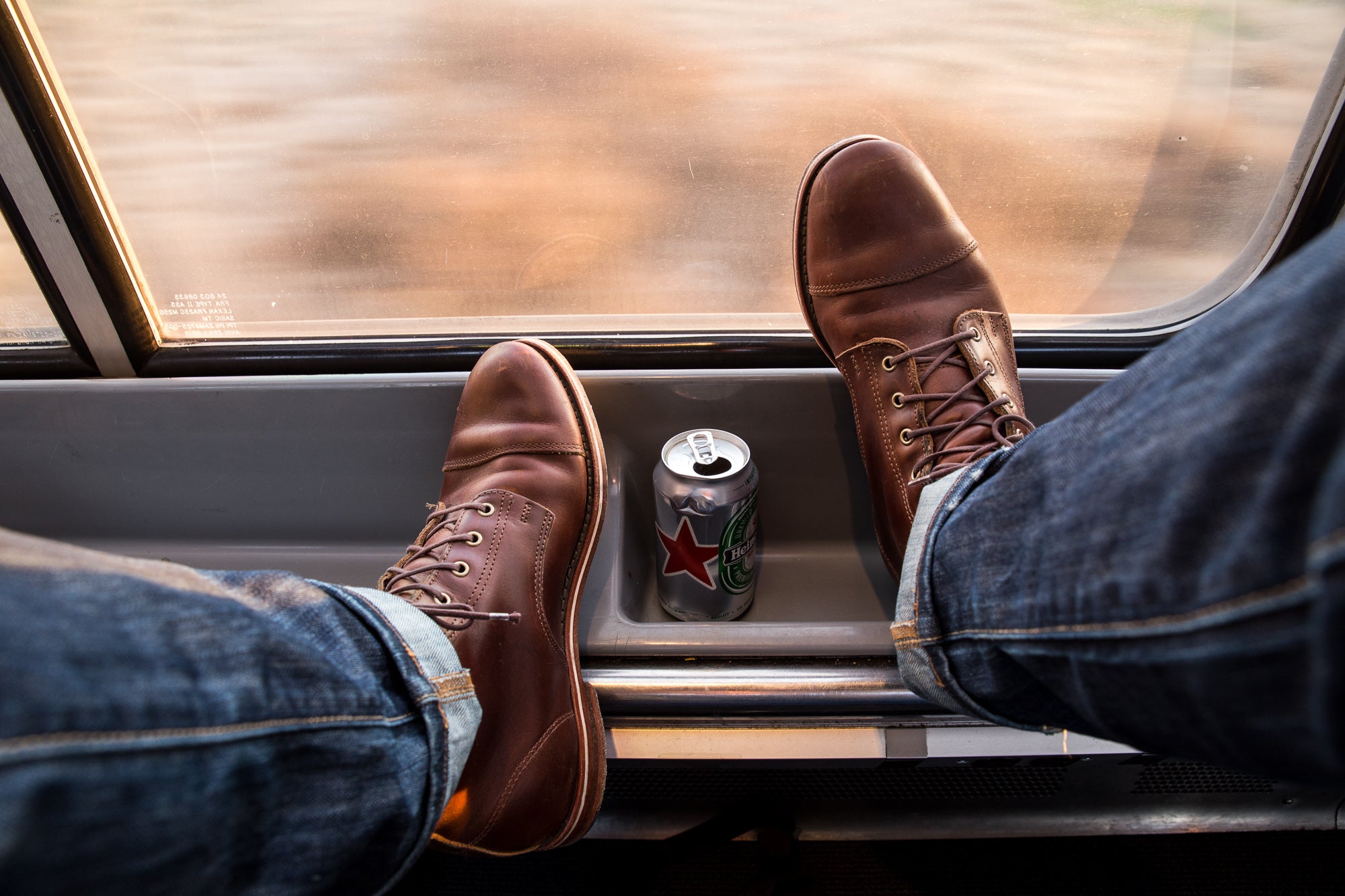
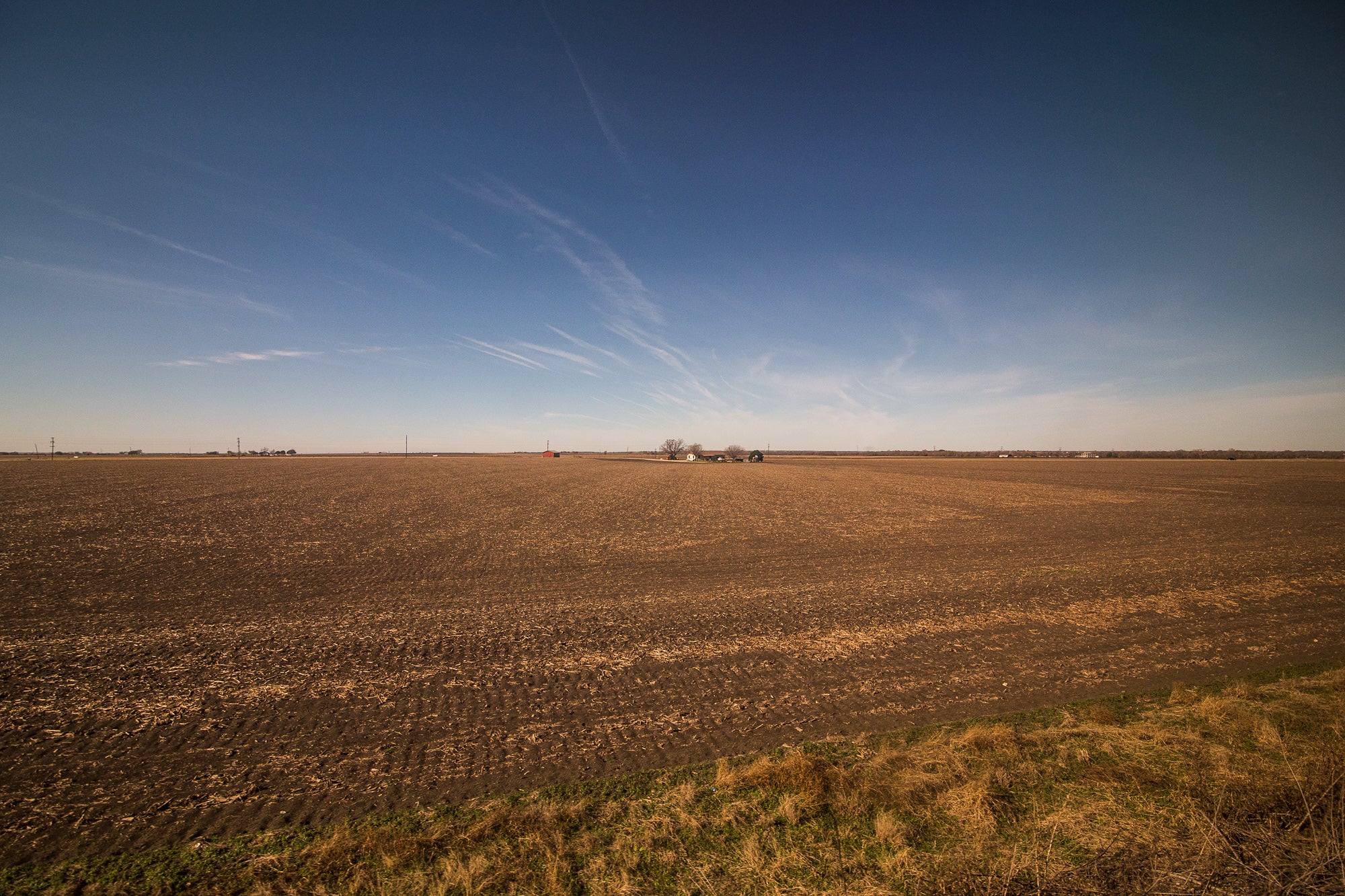
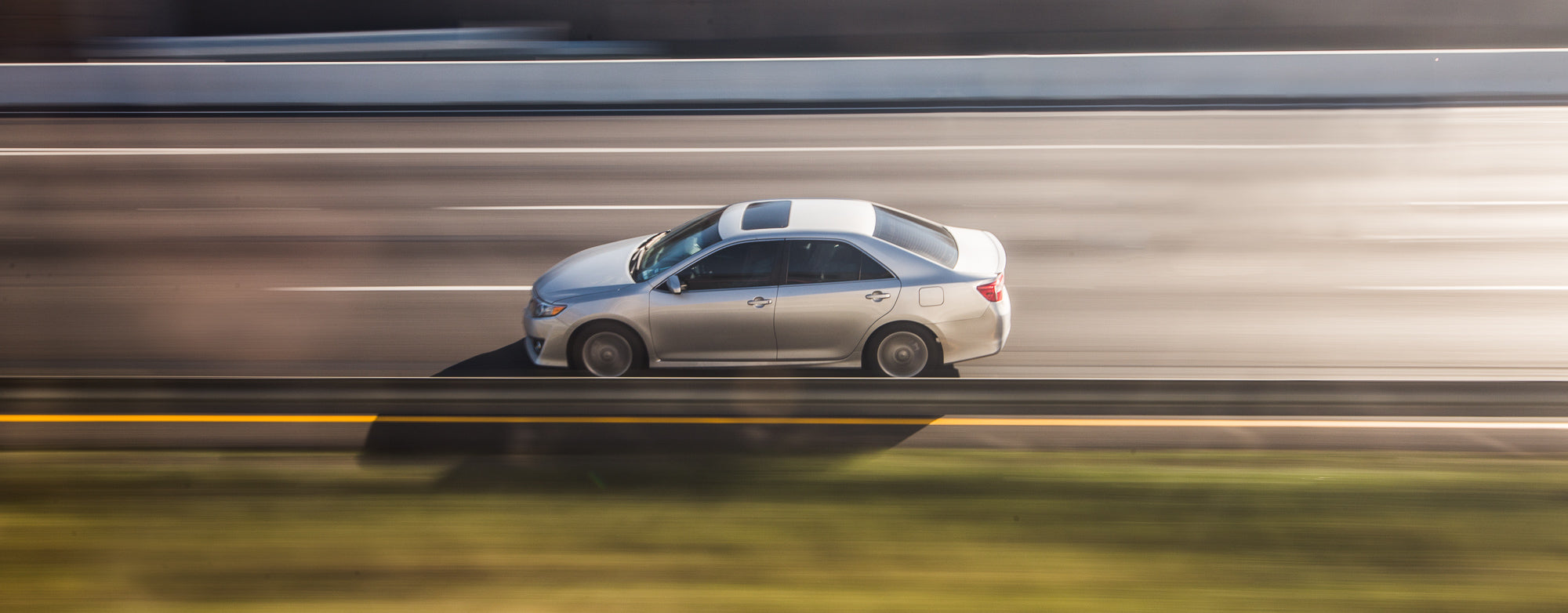
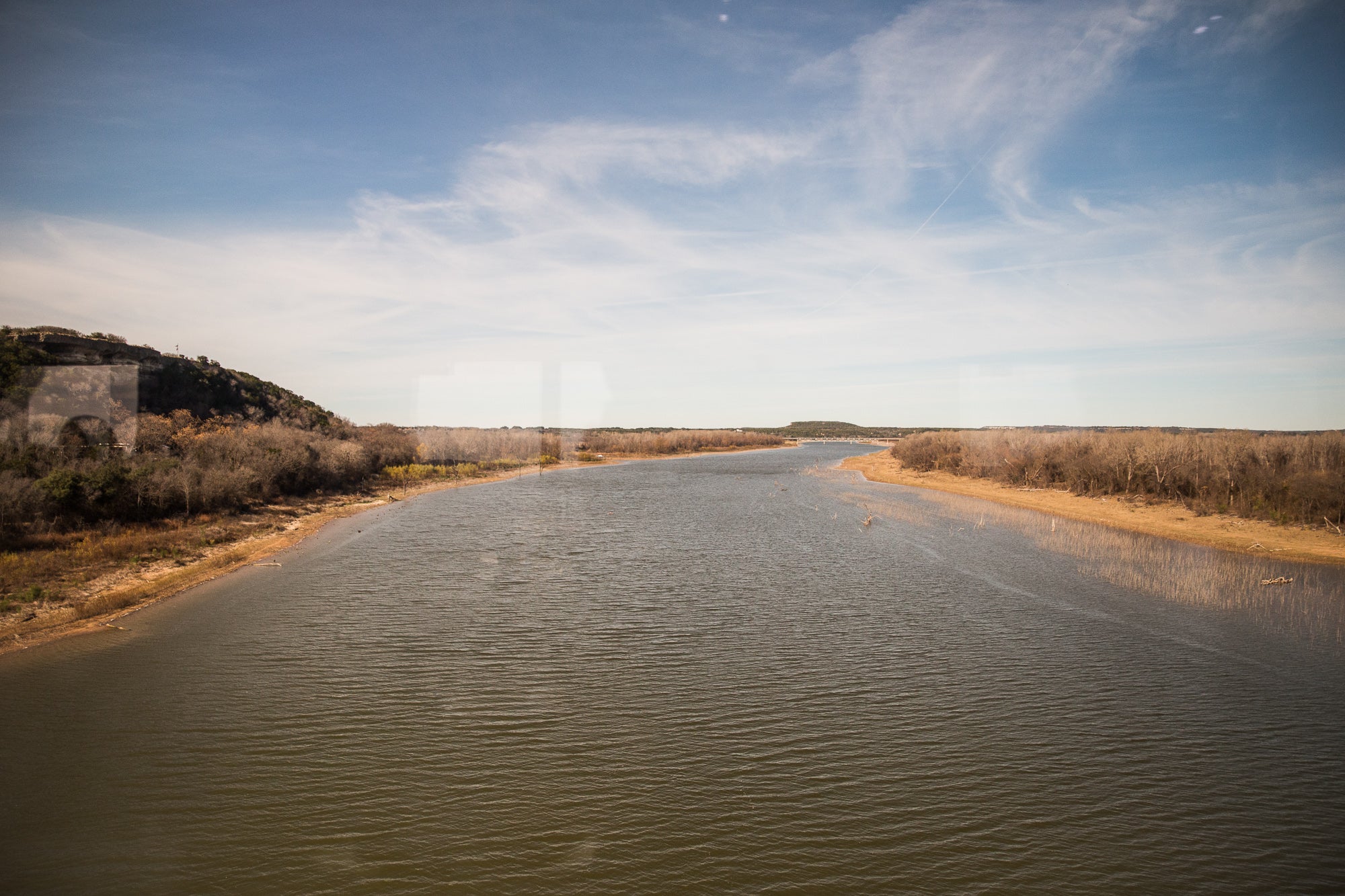
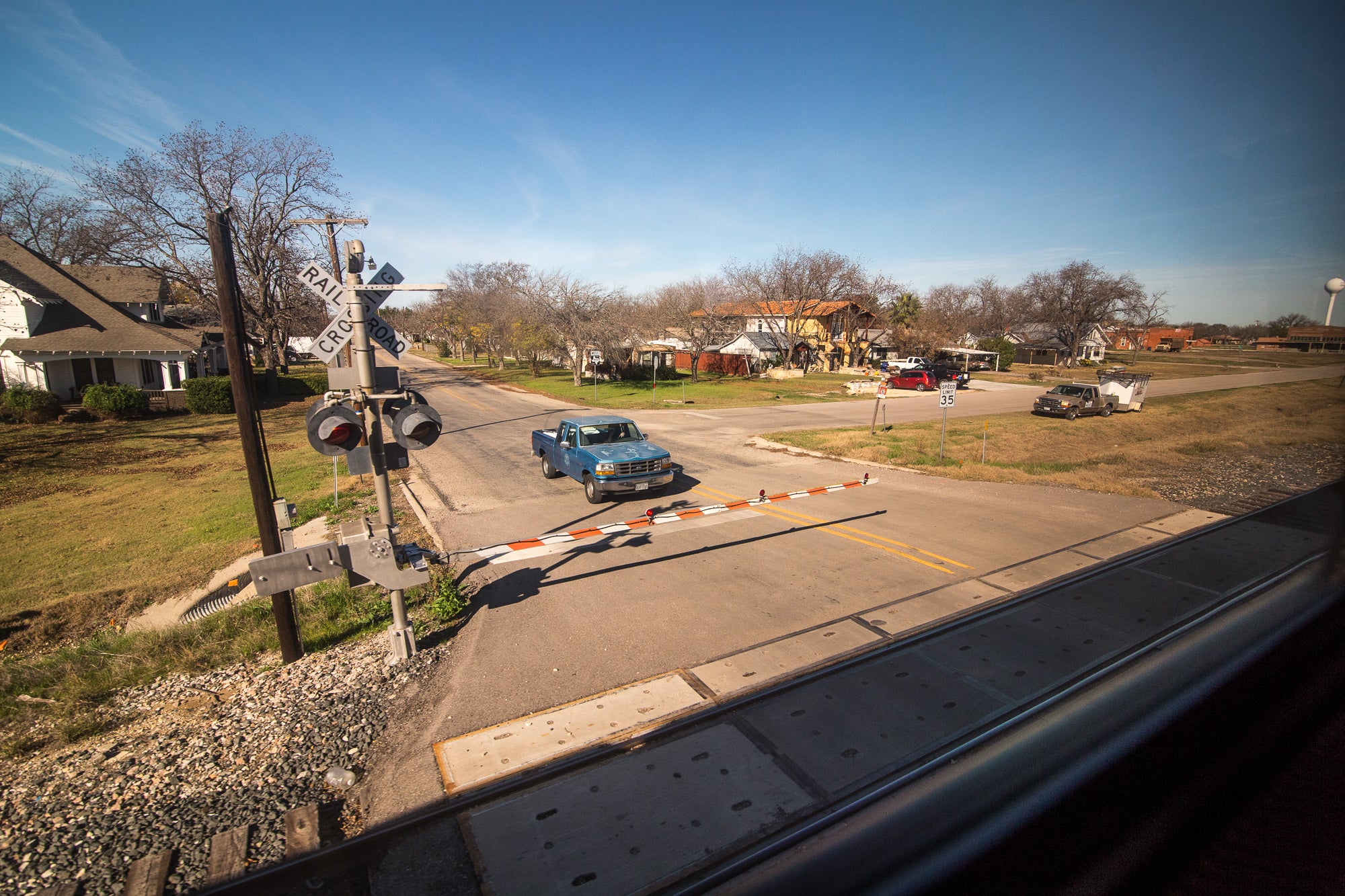
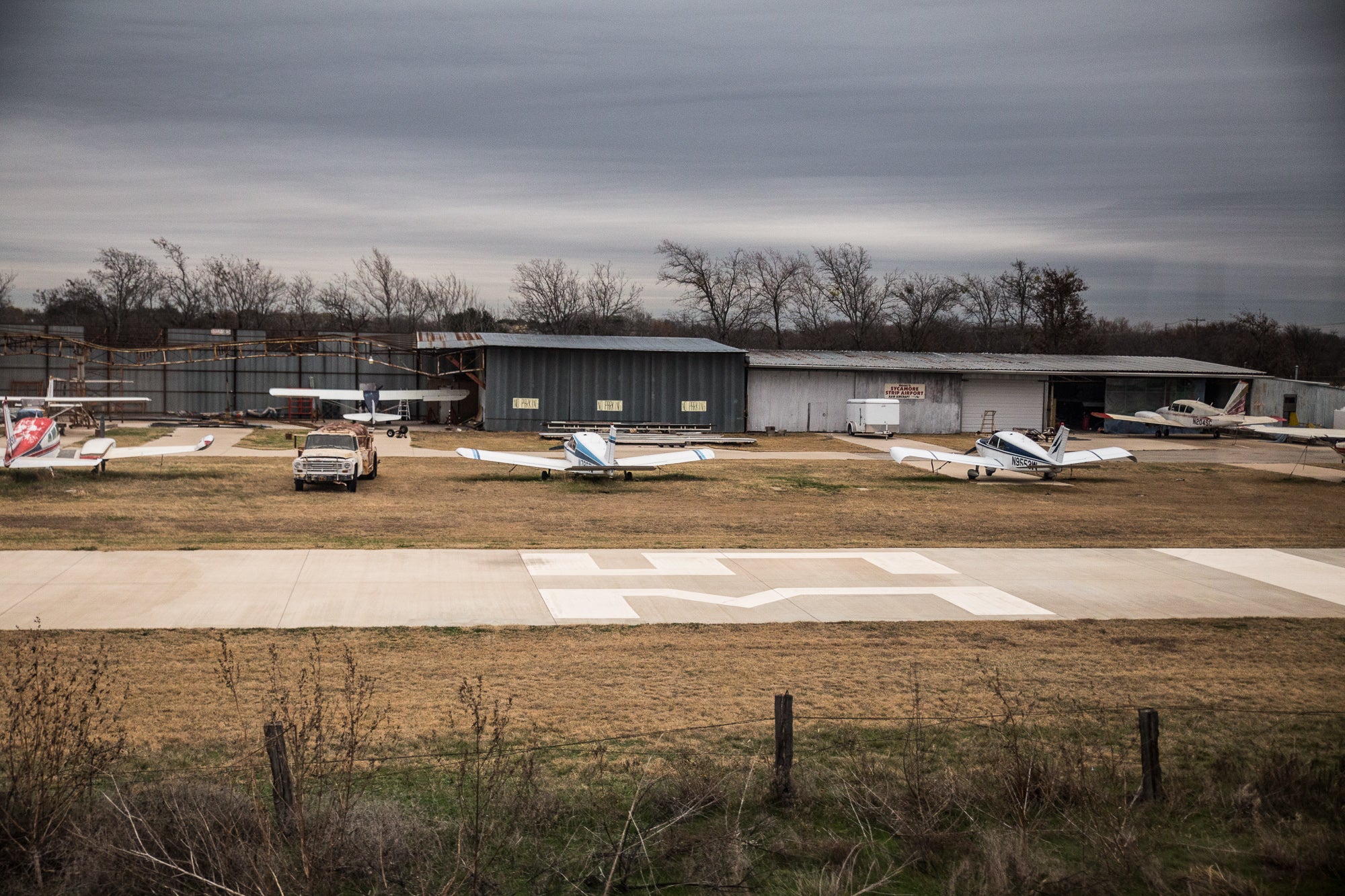
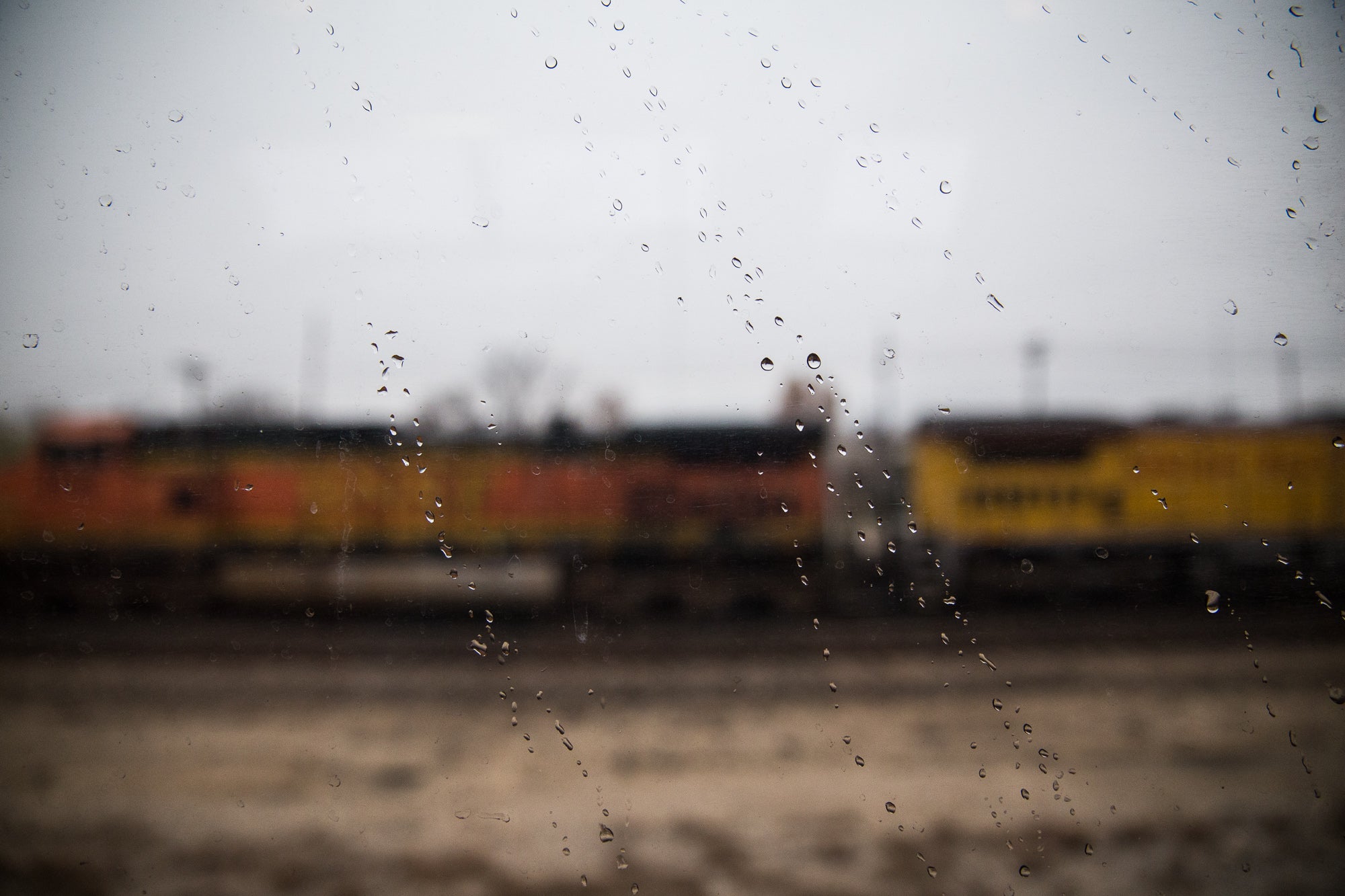
The Fort Worth Layover. It's important to know that on the trip between Austin and Dallas, there's a rather long layover in Fort Worth, about 1.5 hours. There, they do a full crew change and conduct routine service on the train. We found the Fort Worth stop to be a little bit frustrating in the "so close yet so far away from Dallas" kind of way. You'll probably endure it easier if you know to expect it, which we didn't. Make the most of the layover by getting off the train and walking around the platform, and take a closer look at the extraordinary machinery you've been traveling on.
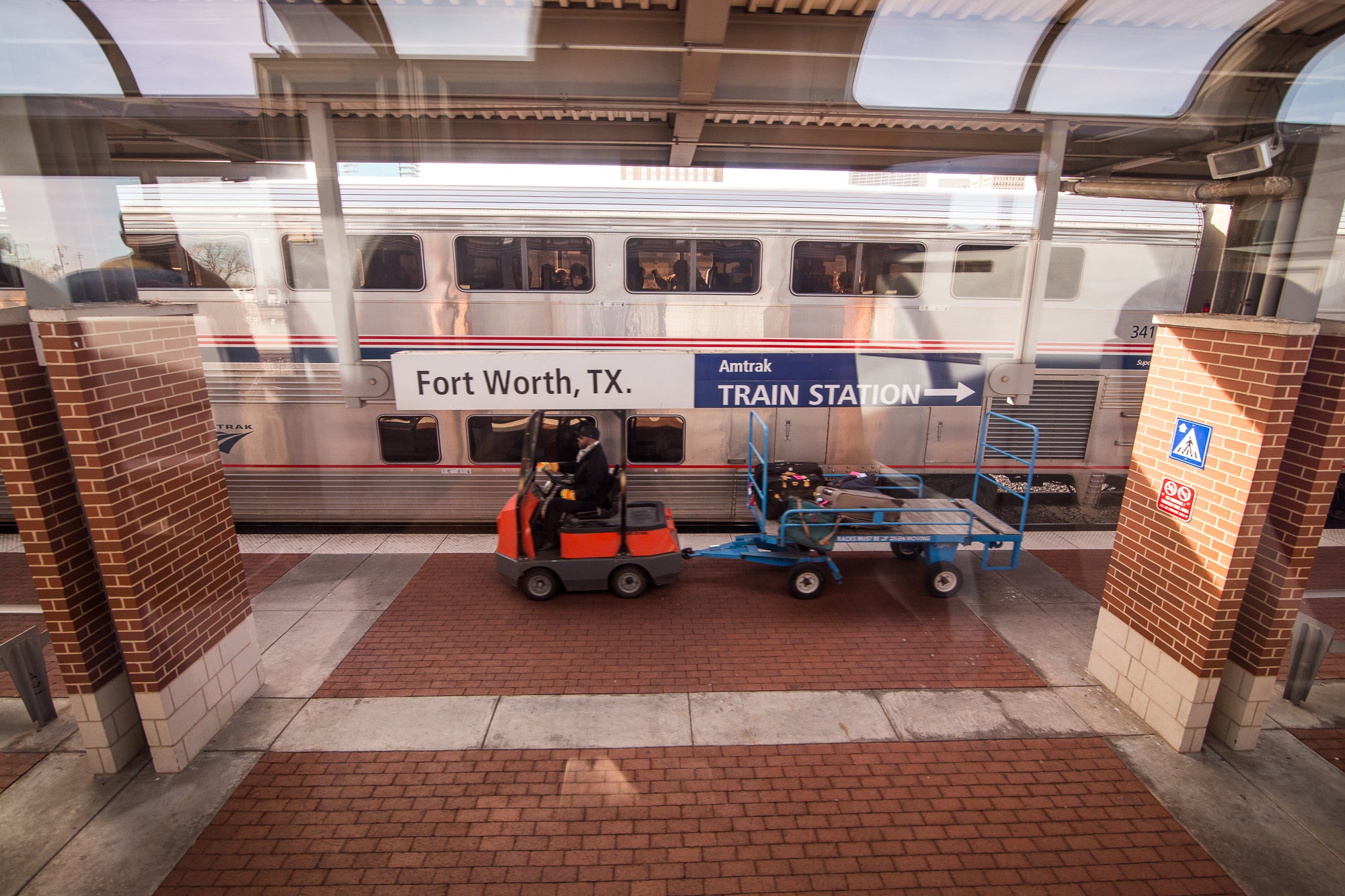
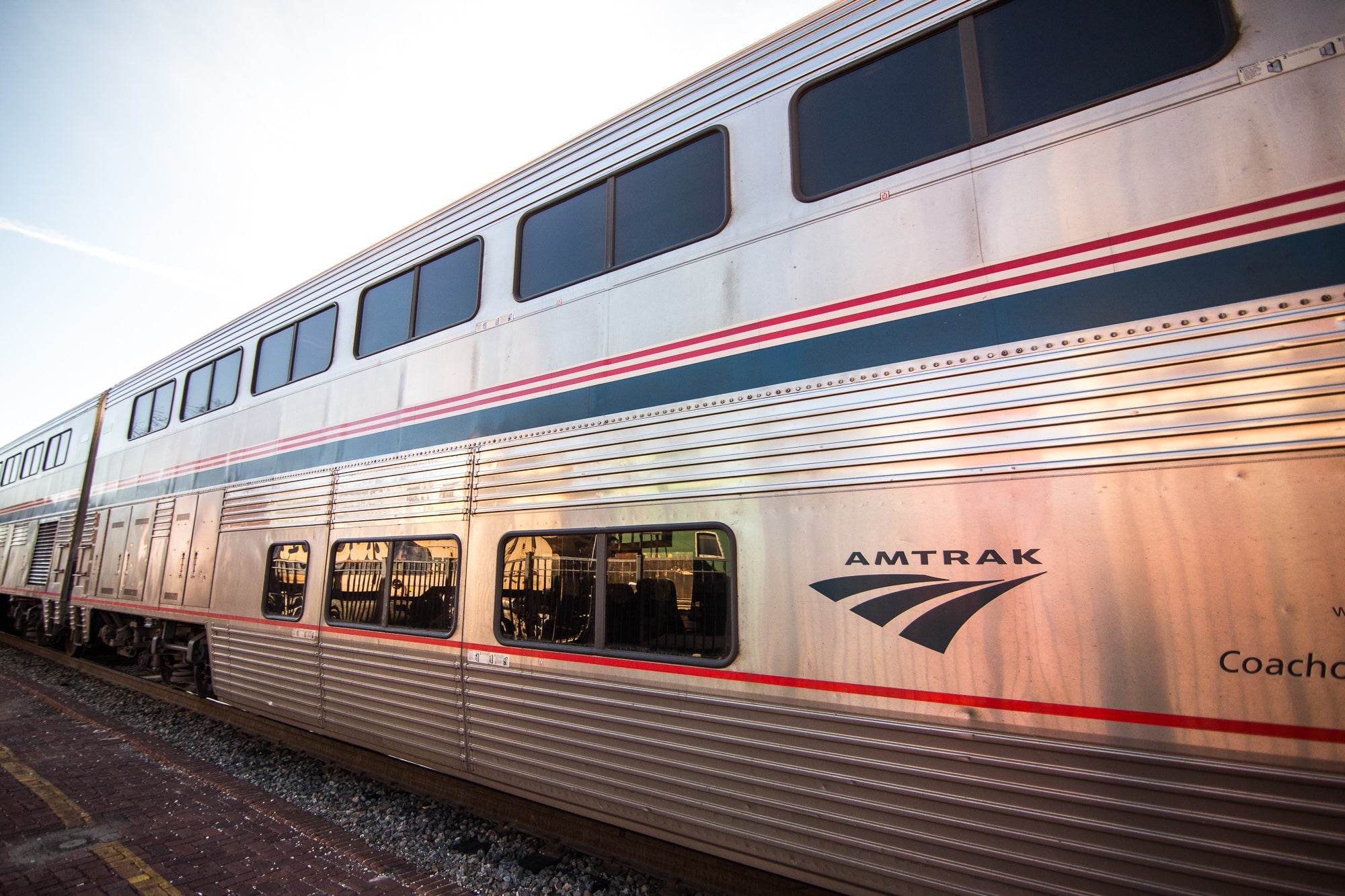
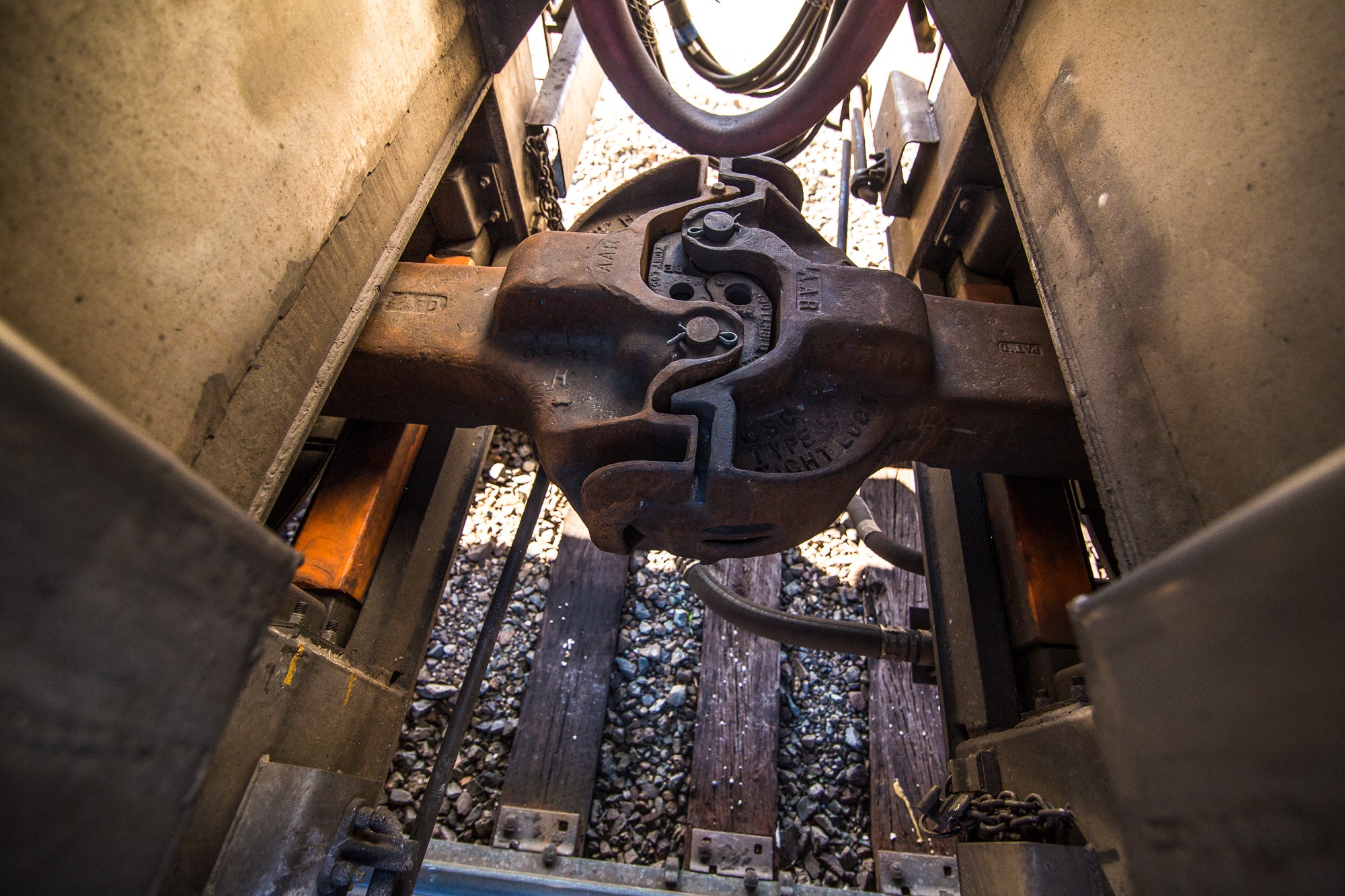

Terminus, Dallas. Finally, arriving in Dallas, you're brought right into the center of the city, passing by a number of recognizable landmarks, and finally stopping at Union Station, in the shadow of Reunion Tower. As with the station in Austin, the central location of Union Station is very convenient.


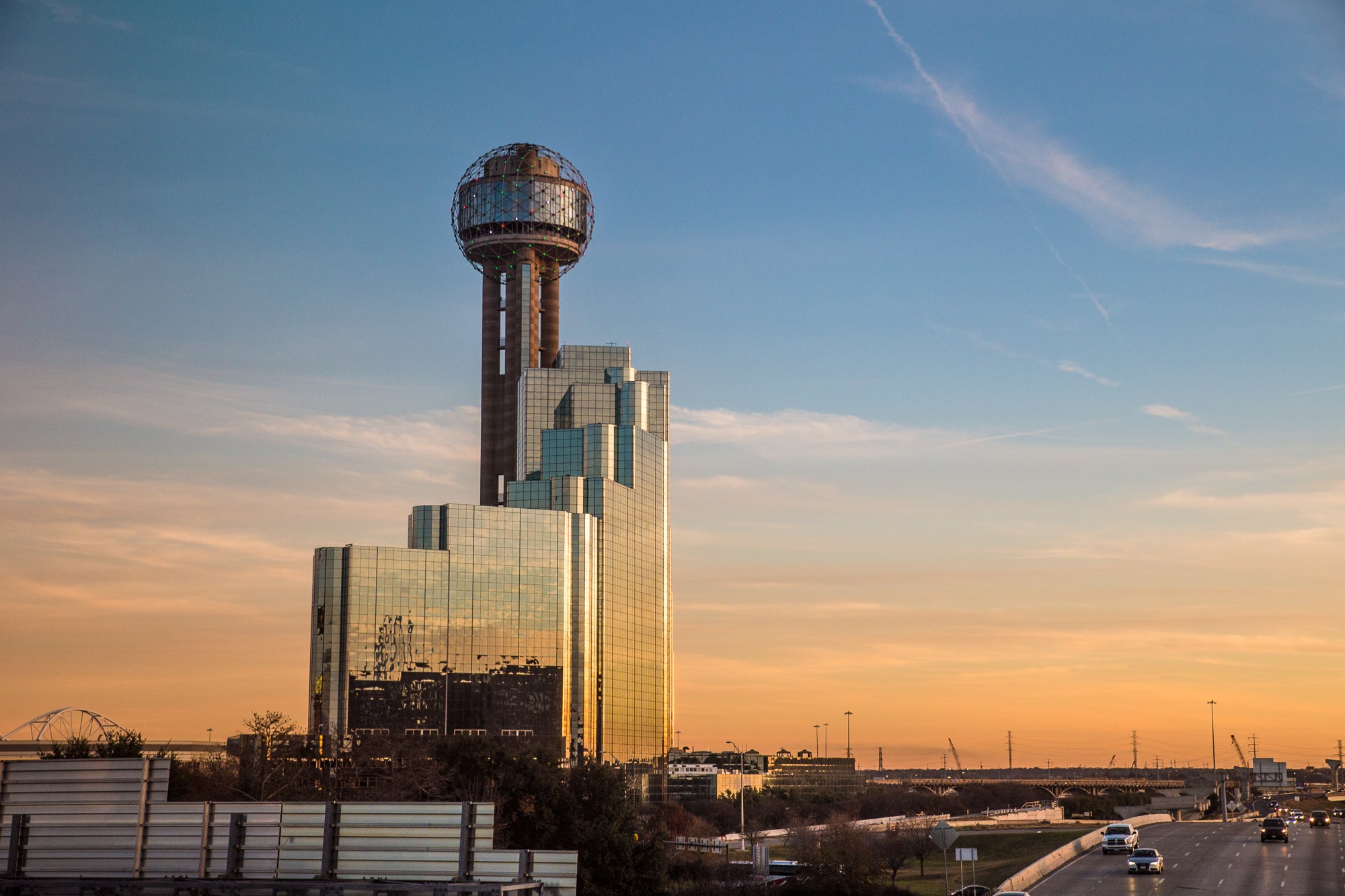
Our Conclusions: The Pros and Cons. Altogether, our trip from Austin to Dallas on the Texas Eagle took almost 8 hours. There were unexpected delays, which can happen due to mechanical problems (we had one) or even traffic on the track by freight trains. This underscores the importance of carefully considering train travel in Texas before you book your trip: it's ideal if you can spare an entire day to get there, and have plenty to read or type on your laptop.
Regardless of its impracticality, we recommend that all traveling Texans try the Amtrak service in Texas at least once. Find a long weekend and make an adventure out of some kind of Texas Eagle or Sunset Limited trip across Texas.
Overall, here's our list of pros and cons. We start with the cons, so we can end, happily, on a positive note.
Amtrak, Texas Eagle Cons:
- Your pet can't travel with you
- No wi-fi
- Relatively slow; total scheduled travel time + unexpected delays = long day
- Marginal cleanliness, noticeable interior wear & tear
- Long Fort Worth layover
Amtrak, Texas Eagle Pros:
- Ease versus air travel
- Reasonably priced tickets
- Avoids Interstate 35
- Spacious seating, with power outlets
- Quiet
- You can move around, stretch your legs
- Surprisingly decent food and well stocked snack bar
- The Sightseer Lounge Car
- Centrally located stations in Austin & Dallas
- VF & CK

Comments
Dan K:
Thank you for the story I enjoyed it. I have riden Amtrak several times and I can tell you always expect delays. I would ride Amtrak again!
Jan 21, 2015
Leave a comment